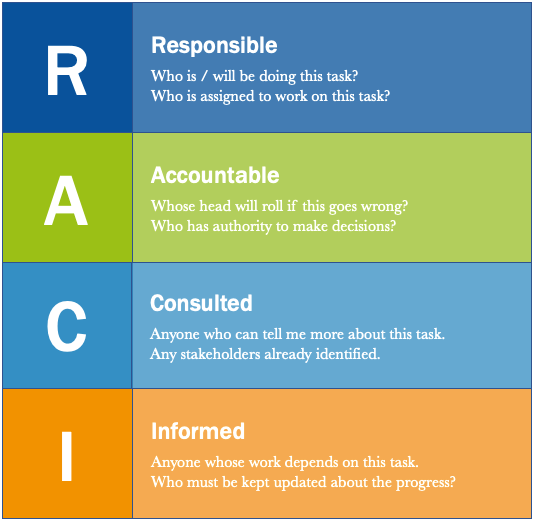

Organizational Accountability – Apr Org Wellness Challenge
Facebook
Twitter
LinkedIn
WhatsApp
At CEEK, we adhere to the Three W’s of Integrity – Worth, Word, and Wholeness. Last month, we challenged you to honor you Worth, promoting organizational integrity. This month, we’re looking at the second W of Integrity, Word, which represents accountability. Do you and your colleagues honor your word?
When you say you will do something, do you follow through? Do you show up on time? Do you honor your commitments? Individuals and organizations that consistently fail to make and honor realistic commitments destroy organizational wellness. We all fall short at times, but we can recover. Acknowledge when you lapse. Pursue corrective action. Specify a new commitment and stick to it.
A pervasive lack of accountability is one of the biggest problems organizations face. Leaders set unreasonable expectations or fail to clarify responsibilities and requests. You and your colleagues over-commit and under-deliver. Frustrations grow. Blame and fear pervade and destroy the culture. The perpetual pressure to deliver on unclear expectations and/or unreasonable commitments further affects the organization’s ability to honor its worth. We become more vulnerable to ethical lapses.
This month, we challenge you to review and reset the standards of accountability within your team or organization. Take these steps to promote reasonable expectations, follow-through on strong commitments, and clarify responsibilities.
1. Practice the Habits of Effective Requests
Have you ever received an unclear request from a client, supervisor, or colleague? Do you accept the lack of clarity as a convenient means to rationalize an insufficient response? This month, I challenge you to ruthlessly pursue clarity when giving or receiving requests. Practice three of the six elements of effective requests:
- Provide context when making requests. The “why” of a request often shapes the “what” and “how” it is fulfilled.
- Always propose a timeframe when making a request. Recognize that “as soon as possible” or “at your convenience” is not a valid timeframe.
- Define the conditions of satisfaction when making requests. Defining successful fulfillment eliminates rework and associated frustrations.
(And read up on the other three elements.)
2. Maintain an Action Tracker
Have you ever attended a meeting where the brainstorming was great but the follow through non-existent? Does passive or collective language dominate your team’s vocabulary? “The report will be sent ASAP. We’ll get that knocked out right away.” In these examples, who is responsible? When will they complete the action?
Create, share, and use a simple Action Item List for the meetings you lead. Track what, who, and when for all commitments. Review and update the list during recurring meetings. Accept that commitments may need to change. Encourage your team to speak up early and revise plans accordingly. Monitor progress by measuring the percent of commitments fulfilled. Celebrate success!
3. Build Your Own RACI Chart
As a leadership coach, my clients often complain that their boss has not clearly defined their role or, alternatively, that a subordinate does not fully grasp their role. If you operate in a space of unclear job responsibilities, make a list of the activities for which you may or may not be responsible. Via a RACI chart, identify the role that you believe each member of the team should play relative to each activity on your list. Review your assumptions with your colleagues. Pursue clarity.

If you and your colleagues adopt these simple habits this month and beyond, you will set the foundation for a culture of accountability and organizational wellness. Contact us to learn how create a values-based culture that further differentiates your organization in service to your clients, colleagues, and community. CEEK a Better Way®!



